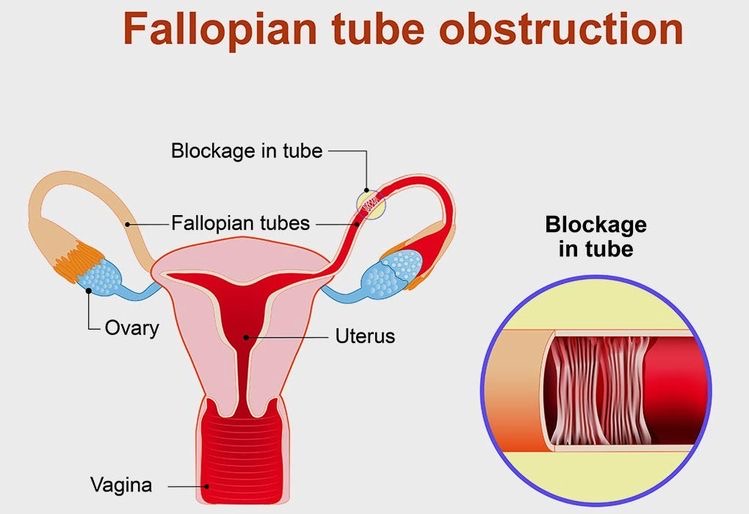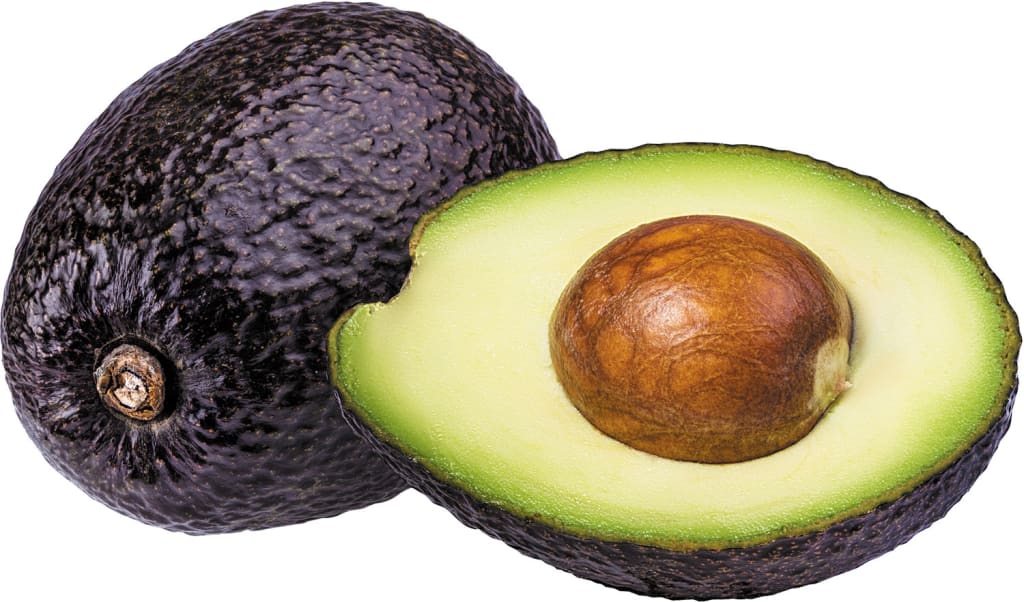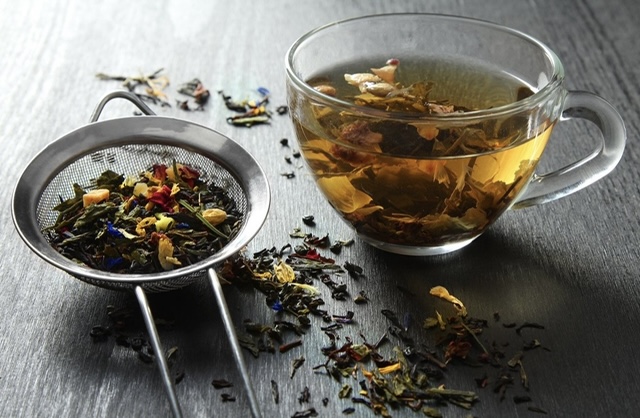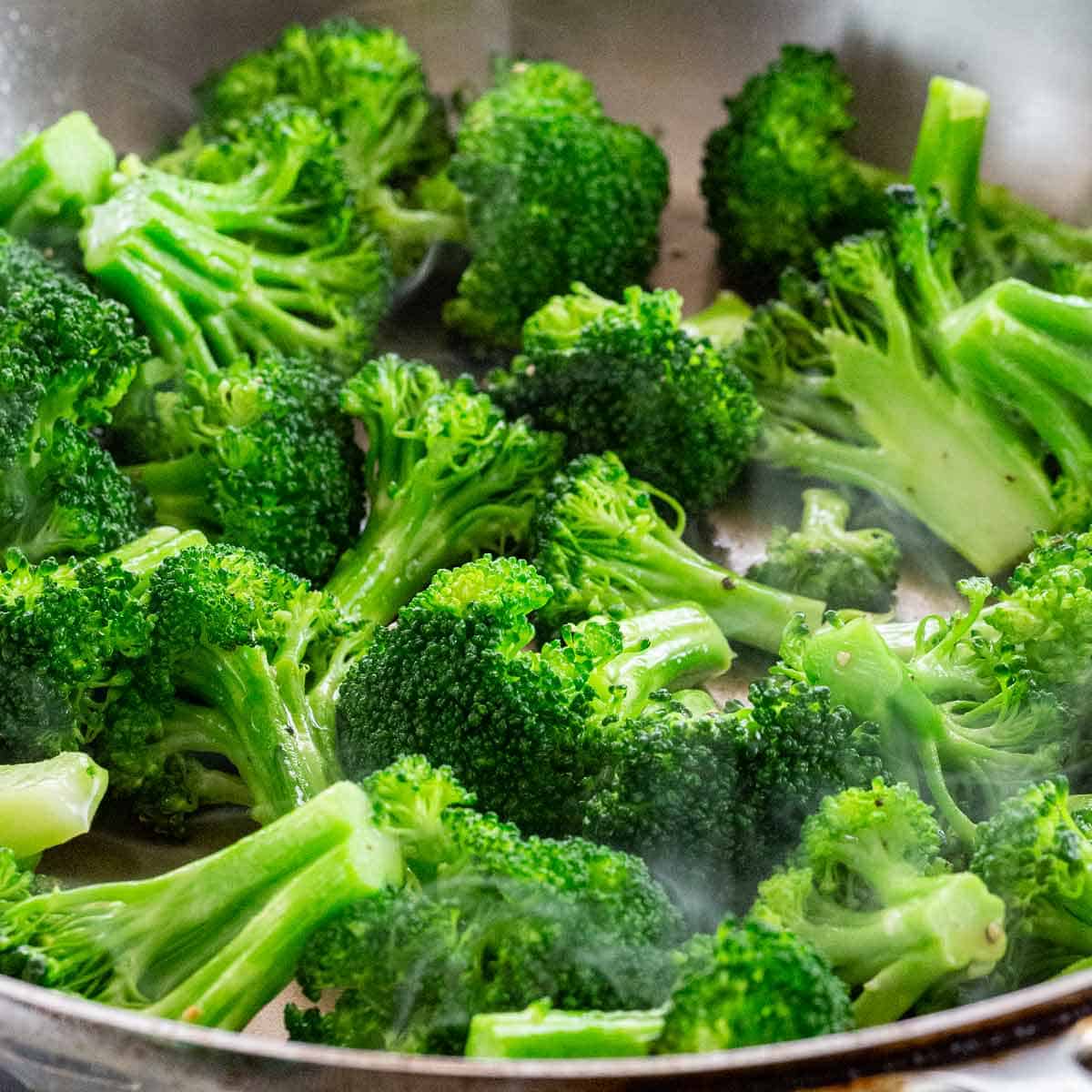
Modest weight loss will not cure PCOS, but it will help. Weight loss can restore the normal function of the ovaries and result in normal hormone production. This may in turn lead to improvements in symptoms of PCOS, such as excess hair growth, acne or scalp hair loss.
A large number of research studies have shown it only takes a modest amount of weight loss of 5-10 kg or 5-10 per cent of initial body weight to:
reduce insulin resistance by about 50%
restore ovulation
regulate menstrual cycles
reduce pregnancy complications
improve fertility
improve health during pregnancy
improve the health of a child during pregnancy
improve emotional health (self-esteem, anxiety, depression)
reduce risk factors for diabetes and heart disease
Lifestyle
Weight loss is best achieved through a combination of lifestyle changes - a healthy diet and physical activity. It is not always easy to make changes to your lifestyle so that you eat more healthy foods and make exercise a regular part of life. Learning and understanding about goal setting can be helpful along with how to make changes to your behaviour. For further information and advice, talk to an accredited practising dietitian (APD) and/or your doctor.
Dieting
Yes, one of the main causes of weight gain is dieting. Dieting makes you fat. As you reduce your food intake to lose weight, your body put itself on 'famine alert'. It gets the impression that food is scarce and therefore it slows down your metabolism to get the best use of the small amount of food it is receiving.
When you say you want to lose weight, what you actually want to lose is fat. If you lose weight rapidly, almost 25 percent of that weight loss can be made up of water, muscle and other lean tissue.
The reason for this is that your body is actually programmed to hold on to fat. So in times of what your body considers to be a 'famine', it will actually go as far as breaking down muscle and losing water in order to hold on to its fat reserves. Faddy diets suggest that you can lose up to 10 pounds in a week, but remember this: it is physically impossible to lose more than 900g (2lb) of body fat in a week.
Furthermore, if you lose weight quickly by restricting your intake and then go back to eating normally, a much higher percentage of the food you eat is laid down as fat. Why? Because your body wants to build up extra fat stores, in case this type of famine occurs again. There's also the question of metabolism. When you crash diet, your metabolism slows down to conserve energy and make the most out of
the small amounts you are eating. What happens when you go back to eating normally? Well, everything you eat is being dealt with at a much slower rate and more fat is stored.
Too much food and not enough exercise
This is the obvious reason, because if you eat more than you burn off then you are going to gain weight. The idea has been that if the number of calories going into your body is less than the calories being used up by bodily activity and exercise, then you will lose weight. Nowadays, we know that the type of calories is also an important factor in this equation. In other words, you need to consider what type of calories you are eating - whether they come in the form of fat, carbohydrates or protein.
The type of food you eat
Researchers have found that fat and thin people can eat roughly the same number of calories, but it seems that the type of food they are eating is different.
There is a very popular theory that goes something like: too much fat makes you fat. This may be right in principle (large amounts of saturated fat in the diet are not healthy), but it's important to remember that some fats are absolutely essential, hence their name: essential fatty acids.
The result of this theory is that women go on low-fat and no-fat diets, which are dangerous. Furthermore, no-fat and low-fat food tends to be high in sugar and salt, which is required to make it palatable. This is the type of thing that makes you fat. In fact, it's sugar and other foods that are 'fast-releasing' that will encourage weight gain, and here's why:
The speed with which a food increases blood sugar (in other words, whether it is 'fast-releasing' or 'slow-releasing') determines whether or not it will cause you to gain weight. If your blood sugar levels rise very quickly your body has to secrete more insulin in order to control it.
Every time you eat, your body has a choice: it can either burn that food as energy or store it as fat. Researchers have found that high insulin levels cause you not only to change your food into fat, but they also prevent your body from breaking down previously stored fat.
These fast-releasing foods include anything that contains sugar and refined flour, such as cakes, biscuits, pastries, and other 'treats'.
If you crave sweet or starchy foods, feel tired during the afternoon, light-headed, dizzy or shaky if you miss a meal or wake up feeling tired after a full night's sleep, then your blood sugar levels are probably fluctuating too much
Health Topics






